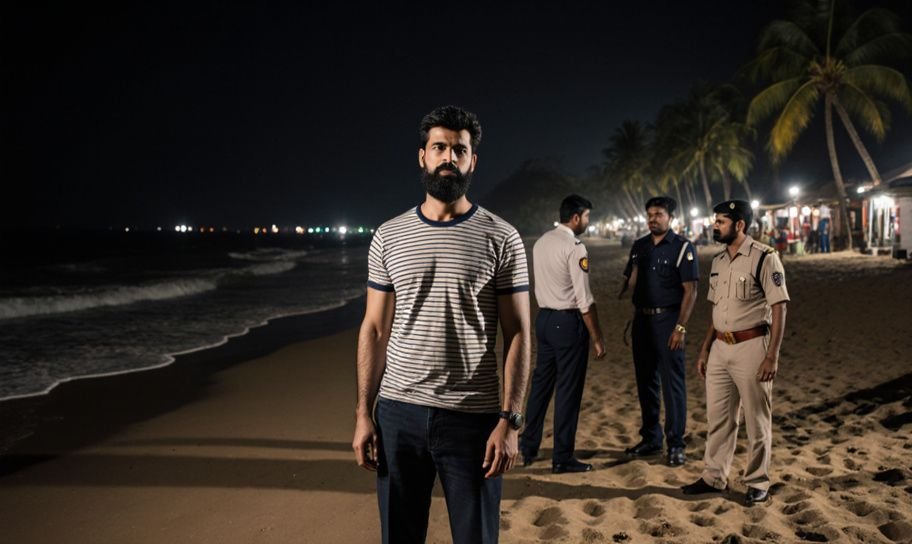
Micah Gumbi, a 25-year-old from Kenya, was caught with drugs in Goa. He challenged his conviction, but the court upheld it. Let's break down what happened.
On December 30, 2017, police in Canacona, Goa, got a tip about a man delivering drugs at Palolem Beach. They described him as tall, with a beard, wearing a striped T-shirt. The police set up a raid and arrested a man who said his name was Elijah Malcolm Onyango. He had LSD, cocaine, and ecstasy on him.
"The suspect...was informed that the complainant has received specific and reliable information that he has come to the spot to deliver illegal drugs."
Initially, the arrested man claimed to be Elijah Onyango. Later, the authorities discovered his real name was Micah Gumbi. This twist added complexity to the case.
The prosecution brought in eleven witnesses, including police officers and a taxi driver. They detailed the raid and the drugs found on Gumbi. The defense argued that Gumbi was framed and questioned the evidence and procedures.
Gumbi's lawyer claimed the police didn't follow the rules under the NDPS Act, especially Section 50, which requires informing the accused of their right to be searched before a magistrate.
"Before starting his personal search...I informed him that he has a right to be searched in front of a senior officer or a judge."
The defense pointed out differences in drug weights and the timing of events. They argued these inconsistencies should lead to Gumbi's acquittal. However, the court found these issues minor and not enough to overturn the conviction.
Justice Shreeram V. Shirsat concluded that the evidence against Gumbi was solid. The appeal was dismissed, and Gumbi's ten-year sentence remained.
"The prosecution has successfully proved the guilt of the accused beyond a reasonable doubt."
The court found the evidence convincing enough to uphold the original conviction, and Gumbi's ten-year sentence was maintained.